Laboratories
UMaine engineering students have the opportunity to do meaningful research alongside faculty in such areas as renewable energy, biofuels, robotics and biomedicine, and in other exciting areas in world-class laboratories. Additionally, each department has research and project-based facilities set up where UMaine engineering students learn important principles about teamwork, engineering, and project management while working on solutions for some of our most challenging problems. Please refer to the research page for more information.
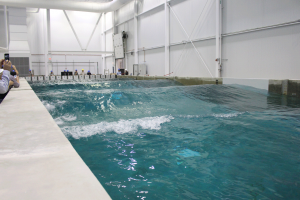 ASCC: The Advanced Structures and Composites Center at the University of Maine is a world leader providing research, education, and economic development encompassing material sciences, manufacturing and engineering of composites and structures.
ASCC: The Advanced Structures and Composites Center at the University of Maine is a world leader providing research, education, and economic development encompassing material sciences, manufacturing and engineering of composites and structures.
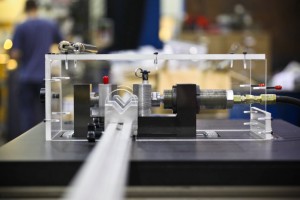 AMC: The mission of the AMC program is to link the traditional University of Maine activities of education and research with the University’s active industrial support and economic development programs. The Advanced Manufacturing Center is an engineering support and service center that is dedicated to promoting economic development in Maine, and supporting the research programs at the University of Maine. The AMC is also readily accessible to businesses, entrepreneurs, and researchers throughout Maine, and North America.
AMC: The mission of the AMC program is to link the traditional University of Maine activities of education and research with the University’s active industrial support and economic development programs. The Advanced Manufacturing Center is an engineering support and service center that is dedicated to promoting economic development in Maine, and supporting the research programs at the University of Maine. The AMC is also readily accessible to businesses, entrepreneurs, and researchers throughout Maine, and North America.
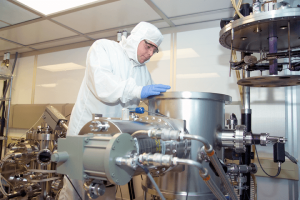
LASST: UMaine’s Laboratory for Surface Science & Technology (LASST) plays a major role in educating and training the next generation of scientists and engineers while carrying out interdisciplinary research projects and technology transfer activities in the areas of surfaces and interfaces, thin films, microelectronic devices, sensor technology, and nanotechnology.
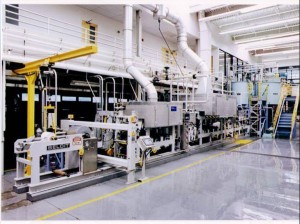 PDC: The PDC is a shared collaboration facility where researchers, entrepreneurs, and industry leaders work together to develop new products and improve manufacturing processes. We recognize the importance of meeting the emerging and constantly shifting needs of the marketplace. The PDC has a long track record of collaborating with partners to support traditional manufacturing as well as to create entirely new products from forest- and agriculturally derived raw materials. We are currently working on advanced fiber processing technologies, developing specialized, scalable nanotechnologies, and co-developing “green” products to meet market demands for sustainable materials. Other new product innovations include a non-toxic grease-proof coating additive, a new class of environmental remediation technology, a unique cellulose insulation product, and new bio-based paper strength and processing aids. The PDC is also working with a dedicated group of organizations to help launch a new bioplastics industry in Maine and to engineer plastic from potatoes and/or wood by-products.
PDC: The PDC is a shared collaboration facility where researchers, entrepreneurs, and industry leaders work together to develop new products and improve manufacturing processes. We recognize the importance of meeting the emerging and constantly shifting needs of the marketplace. The PDC has a long track record of collaborating with partners to support traditional manufacturing as well as to create entirely new products from forest- and agriculturally derived raw materials. We are currently working on advanced fiber processing technologies, developing specialized, scalable nanotechnologies, and co-developing “green” products to meet market demands for sustainable materials. Other new product innovations include a non-toxic grease-proof coating additive, a new class of environmental remediation technology, a unique cellulose insulation product, and new bio-based paper strength and processing aids. The PDC is also working with a dedicated group of organizations to help launch a new bioplastics industry in Maine and to engineer plastic from potatoes and/or wood by-products.
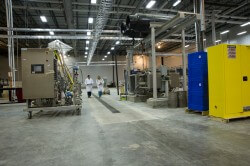 FBRI: FBRI’s Vision: To advance understanding about the scientific underpinnings, system behavior, and policy implications for the production of forest-based bioproducts that meet societal needs for materials, chemicals and fuels in an economically and ecologically sustainable manner.
FBRI: FBRI’s Vision: To advance understanding about the scientific underpinnings, system behavior, and policy implications for the production of forest-based bioproducts that meet societal needs for materials, chemicals and fuels in an economically and ecologically sustainable manner.
